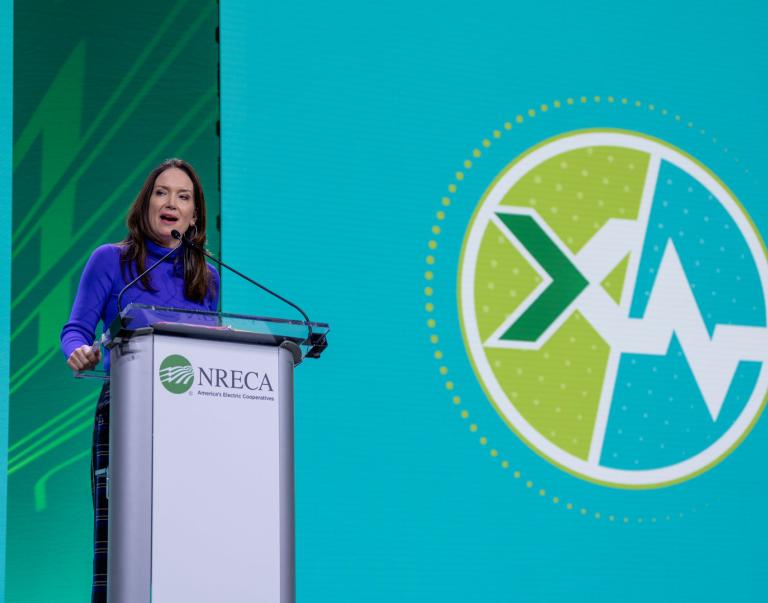It’s National Pollinators Week! As an annual celebration supporting pollinators and pollinator health, we want to highlight USDA’s ongoing investments in pollinator health, crop production, and conservation. USDA’s investments help ensure the continued health of pollinators and their contribution to agriculture, food systems and ecosystems.
Honey bees are America’s primary commercial pollinator and more than 100 U.S.-grown crops rely on honey bees and other pollinators including birds, moths, butterflies and other insects. Pollinators add more than $18 billion in revenue to crop production every year. Some of the major U.S. crops pollinated by honey bees and other pollinators include almonds, non-citrus fruits, berries, melons, and squash.
Aside from adding value to crops grown in the United States, honey bees are the source of various products and services sold in several markets. The total annual value of U.S. honey bee products is an additional $700 million. All of us rely on pollinators to provide crucial support for our ecosystem, food system and economy.
Pollinators play a key role in ensuring we have an abundant food supply and a vibrant ecosystem. One way you can contribute to pollinator health is by growing a pollinator garden in your home or community garden. Providing safe and healthy gardens can reduce stress, improve nutrition and supply robust habitats for pollinators.
If you want to begin growing your own pollinator garden in your community to support pollinator health, our food system and ecosystems, see USDA’s Pollinator Garden infographic (PDF, 1.1 MB) for more information about which pollinator-attracting plants are native to your region. With more than 4,000 types of bees in the United States, it’s a lot to buzz about.
Share pictures of your own pollinator garden using #PollinateAmerica!
For additional pollinator information visit USDA’s Pollinator website.


